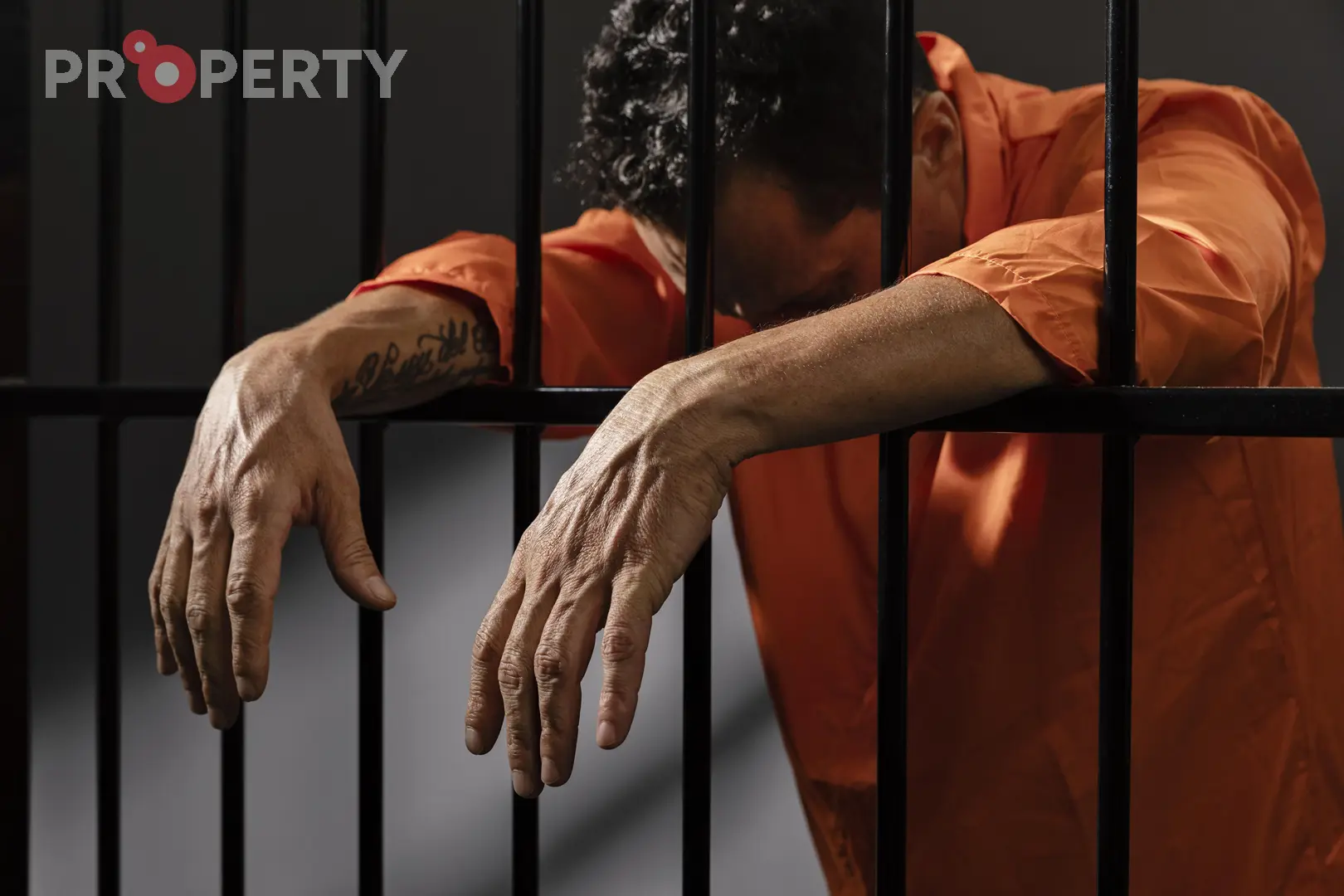Can I Be Jailed for Non-Payment of Credit Card Debt?
When people in the Philippines fall behind on credit card [...]
When people in the Philippines fall behind on credit card payments, they often wonder — can I be jailed for non-payment of credit card debt? This question causes fear and stress, especially for those facing financial hardship. Fortunately, understanding Philippine laws can ease these worries. Let’s break it down in simple terms so everyone can understand their rights.
Non-Payment of Credit Card Debt is Not a Crime
The good news is that you cannot be jailed for failing to pay your credit card debt in the Philippines. This is because unpaid debts, including credit card balances, are considered civil liabilities and not criminal offenses under Philippine law.
- According to Article III, Section 20 of the 1987 Philippine Constitution, “No person shall be imprisoned for debt or non-payment of a poll tax.”
- This protection applies to all types of debts — credit cards, personal loans, or other financial obligations.
- Therefore, even if you owe large amounts to a bank, you cannot be arrested or imprisoned simply because you cannot pay.
What is a Civil Case?
Unpaid credit card debt is treated as a civil case, not a criminal one. This means:
- The creditor (the bank or credit card company) can file a case in court to force you to pay what you owe.
- If the court rules against you, they may order you to:
- Pay the debt.
- Allow garnishment of your salary or bank account.
- Seize certain assets (if you have any in your name).
- However, no jail time will be imposed for non-payment itself.
When Does Debt Become Criminal?
While unpaid credit card debt is not a criminal offense, there are rare cases when debt-related actions could lead to criminal charges. These situations involve fraud or deceit, which are covered by the Revised Penal Code. Examples include:
- Issuing Bouncing Checks (Batas Pambansa Blg. 22)
If you pay your credit card debt using a check that bounces due to insufficient funds, you could be charged with a criminal offense. - Estafa (Swindling) – Article 315 of the Revised Penal Code
- If you lied or misrepresented information when applying for your credit card, that’s fraud.
- Example: Using a fake identity, fake employment information, or applying for a card with no intention to pay.
- This is a criminal act, which could lead to imprisonment.
- Use of Fake Documents or Identity Theft
- If you obtained a credit card using stolen information, this could lead to a separate criminal case.
- These are crimes, but they are not about the non-payment itself — they are about how the credit card was obtained.
Understanding Debt Collection Practices
Credit card companies have the right to collect unpaid debts, but they must follow the law. In the Philippines, debt collectors are not allowed to harass, threaten, or publicly shame debtors. Under existing consumer protection rules, banks and collection agencies must:
- Contact you only at reasonable hours.
- Avoid calling your relatives, employers, or friends to demand payment.
- Refrain from threatening you with arrest — because you cannot be jailed for unpaid debt.
If a collection agency uses abusive or illegal tactics, you can file a complaint with the Bangko Sentral ng Pilipinas (BSP) or the National Privacy Commission (NPC).
How Credit Card Debt Cases Proceed in Court
If a bank decides to sue for unpaid debt, here’s what usually happens:
- The bank files a civil case for “sum of money” in court.
- You will receive a summons to appear and respond.
- If you fail to respond, the court could issue a default judgment, ruling in favor of the bank.
- If the court sides with the bank, you will be ordered to pay the debt.
- If you still don’t pay, the bank can request the court to garnish wages, seize property, or freeze bank accounts.
However, even after losing a case, you will not go to jail for not paying.
Misconceptions About Arrest Warrants
Many people worry that a warrant of arrest will be issued for non-payment. This is false for ordinary credit card debt cases. Warrants are only issued for criminal cases. Since credit card debt is a civil matter, no warrant will be issued — unless fraud or deceit is involved.
Practical Tips if You Can’t Pay Your Credit Card Debt
If you are struggling with credit card payments, it’s important to:
- Talk to your bank.
Many banks offer payment restructuring programs that can lower monthly payments or extend terms. - Avoid ignoring notices.
Ignoring calls or letters doesn’t make the debt disappear — it can make things worse if the bank sues you. - Know your rights.
Remember that harassment, public shaming, or threats of imprisonment are illegal. You can report abusive collectors to the BSP. - Seek legal advice.
If you are sued, consult a lawyer to help you respond and explore possible defenses.
Key Takeaways
- You cannot be jailed for unpaid credit card debt in the Philippines.
- Credit card debt is a civil matter, not a criminal offense.
- Fraud or deceit related to the debt — like using fake identities — could lead to criminal charges, but simple non-payment will not.
- Debt collectors must follow fair debt collection rules.
- You can defend yourself in court if sued, and banks have to follow legal procedures to collect unpaid debts.
Philippine Legal Protections
The 1987 Constitution and Philippine laws are clear — people cannot be jailed just for unpaid debt. This ensures that individuals facing financial difficulties have basic protections and that no one is wrongfully imprisoned for circumstances beyond their control.
Final Thought
If you have unpaid credit card debt, don’t panic. Knowing your rights can help you handle the situation with less fear and stress. Work with your creditors, seek legal advice if needed, and remember — jail time is not part of the equation for credit card debt in the Philippines.
Summary Table
| Issue | Explanation |
|---|---|
| Can you be jailed for unpaid credit card debt? | No |
| Type of case | Civil |
| When can debt lead to jail? | Only if fraud, deceit, or issuing bouncing checks are involved |
| Legal Basis | Article III, Section 20 of the 1987 Constitution |
| Legal Protections | Fair Debt Collection Practices |
| What can creditors do? | File a civil case and seek garnishment or asset seizure, but not imprisonment |
Final Reminder
The next time you hear about someone being arrested for unpaid credit card debt, know that it is false information. Understanding your rights empowers you to handle your financial challenges better — without unnecessary fear of imprisonment.




